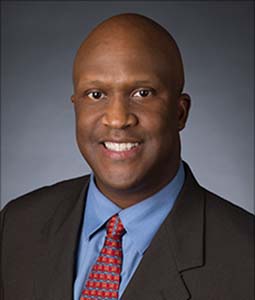Department of African American Studies
Directory
Kendall Deas
| Title: | Postdoctoral Fellow |
| Department: | Department of African American Studies Department of African American Studies |
| Email: | kddeas@mailbox.sc.edu |
| Phone: | 803-777-0645 |
| Office: | Institute for African American Research, Thomas Cooper Library |

Education
Ph.D. University of Georgia, education policy
M.A. global studies, Dartmouth College; Washington University, political science,
Georgia Tech, public policy
B.A. international politics, certificate in Western European Studies Georgetown University
Fulbright Scholar. Certificate in International Trade Law, Turku International University's
School of Law, Turku, Finland
Publications
Deas, K (January, 2022). “EPSCOR: State Science and Technology-Based Economic Development Policies and the Role of Higher Education Institutions;” International Journal of Humanities and Social Science; Vol. 11, No. 8; New York: Center for Promoting Ideas.
Deas, K. (March, 2022). "Legal Implications of Race-Based School Funding Policies to Close Racial Achievement Gaps in Education." Journal of Education & Social Policy; Vol. 9, No. 1; New York: Center for Promoting Ideas.
Deas, K. (September, 2018). "High-Performing Teachers, Student Achievement, and Equity as an Outcome of Educational Supervision", In. S.J. Zepeda and J.A. Ponticell (Eds.); The Wiley Handbook of Educational Supervision, Boston: Wiley Blackwell.
Deas, K. (December, 2018). "Evaluating Common Core: Are Uniform Standards a Silver Bullet for Educational Reform?", The Journal of Educational Foundations, Vol. 31, No. 3&4, Fall/Winter 2018, San Francisco: Caddo-Gap Press.
Research
Deas’ areas of expertise are in education policy, law and politics.
His research interests focus on the politics of pre-K-12 education reform and eradicating the achievement gap.
Teaching
Deas will be teaching AFAM 200/Freedom Papers: Narrative of Race and Nation in support of the university's fulfillment of the REACH Act.
Areas of Specialization
- Education policy (school choice, school/education reform and improving public education)
- U.S. foreign policy
- U.S. domestic policy
- Economic development policy